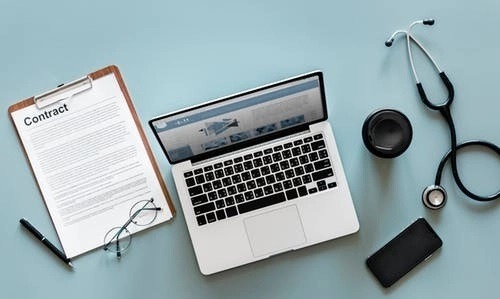Can’t Afford Medical Bills After A Baltimore Accident?

I Attorney Eric T. Kirk think it’s fair to say that there’s a common understanding that if you are hurt through the negligent act of another individual, they are responsible for the payment of any medical expenses you may incur – as well as for other damages you sustain. That is the good news. It’s a mixed bag, however, with both good and bad news for the injured person. The bad news is the insurance company for an at-fault individual, e.g. the liability insurance carrier for a driver who has caused an automobile accident, will not pay your medical expenses on an “as-incurred” or ongoing basis.
Those medical expenses can go unpaid and unmet until the very final stages of your case.
In the typical scenario, those expenses would not be paid by that insurance company until there is a settlement or a verdict, creating the fund with which to pay them. The other good news is that there are sources of payment for medical expenses on an upfront, “as-needed” or “as-incurred basis”. The foremost of these is personal injury protection or PIP benefits. If a health insurance provider or a government-funded program like Medicare or Medicaid pay for medical expenses related to an accident, they will have a right to be reimbursed from the ultimate proceeds of the case. The personal injury protection provider does not have a similar right to reimbursement under Maryland law. I often suggest to people that they carry more than the statutory minimum of 2,500 in personal injury protection benefits for this very reason.
The other bad news, though, is that if these sources of payment do not exist, or limits are exceeded, medical bills can mount and go unpaid during the progression of the case.

The injured individual may simply lack the resources to pay the medical expenses due to their enormity, or the circumstance of being out of work due to their injury. The last bit of good news is that some medical providers, or the entities they employ to collect delinquent accounts, may be willing to hold those accounts, or collections on those accounts, in abeyance during the pendency of any litigation, typically in exchange for a promise to satisfy the balance from any proceeds of that litigation. If you are faced with crushing, unpaid medical expenses, or, even modest medical expenses that are having a derogatory impact on your credit, you should discuss the possibility of abeyance or forbearance requests with your personal injury attorney.



